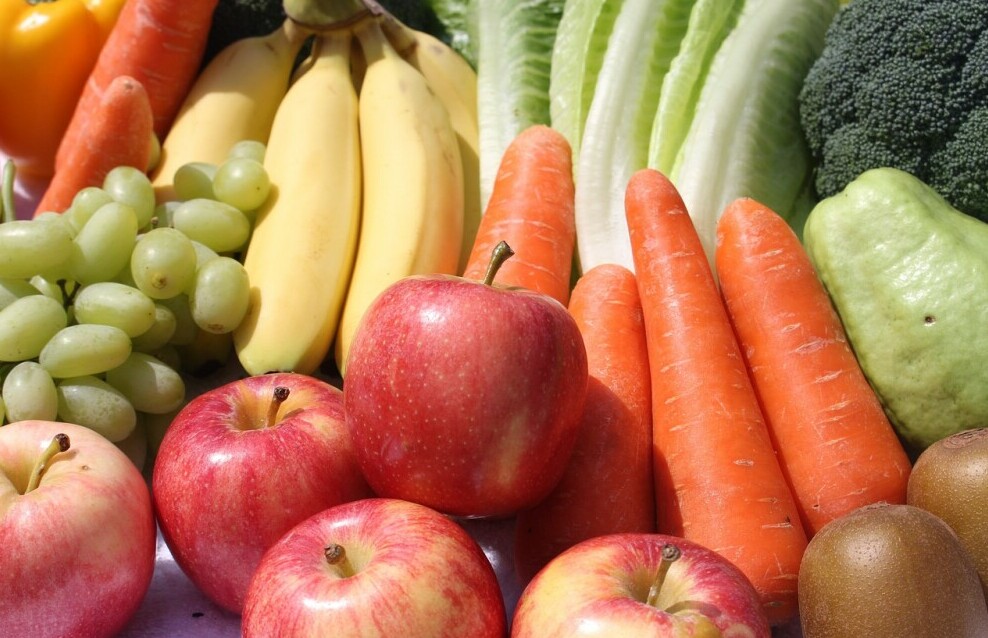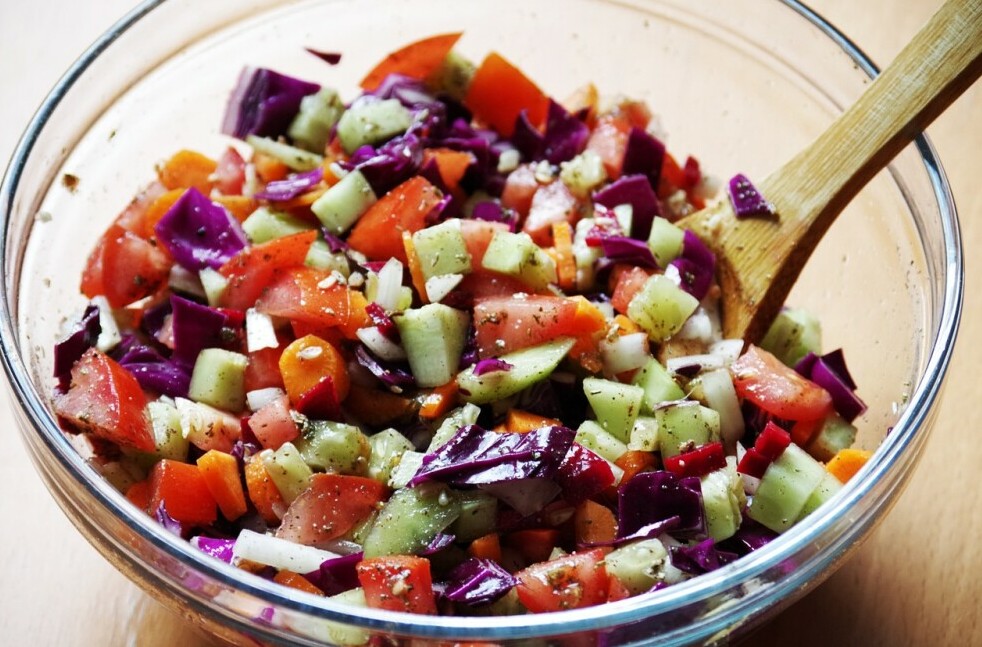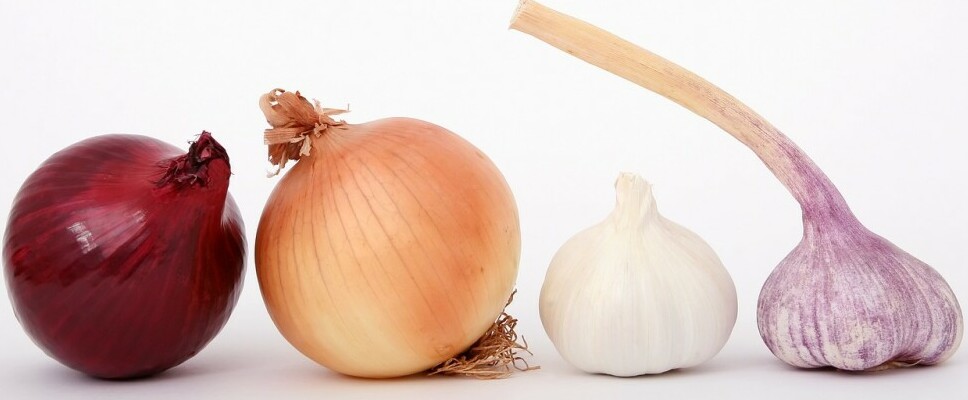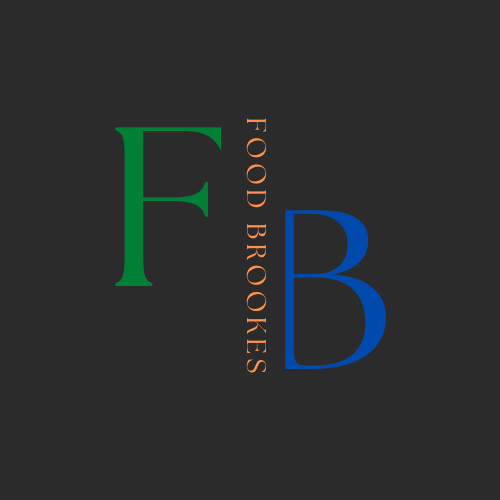My immune system is my bodyguard. It works around the clock to protect me from invaders that threaten my health. Like any diligent guard, it needs the right resources to function at its best. Food is not just about satisfying hunger; it’s fuel for the body and armor for the immune system. In this post, I’ll share how you can boost your immunity naturally by making strategic choices about what you eat.
The immune system’s complexity requires a variety of nutrients to perform optimally. Think of it as a high-performance machine that needs top-quality oil and fuel to run smoothly. Nutrient-dense foods not only provide the energy we need but also come loaded with vitamins, minerals, and other compounds that support immune function.

And in the era of a global pandemic, maintaining a robust immune system has never been more crucial. While no food is a magic bullet, certain dietary practices can help tilt the odds in your favour. It’s about creating an internal environment that’s inhospitable to harmful pathogens.
As we look into specific foods and dietary patterns that support immune health, remember that these recommendations fit into the bigger picture of overall well-being. The advice I’m about to share is not a quick-fix solution but part of a sustained approach to living a healthier life.
Nutrient Powerhouses: Foods Rich in Immune-Boosting Vitamins and Minerals
Your immune system is like a finely tuned orchestra, and vitamins and minerals are the musicians that play a crucial role in keeping it in harmony. To perform its best, your body requires a variety of these essential nutrients. Let’s explore the stars of the immune-boosting show: vitamins C, E, A, and D as well as minerals like zinc, selenium, and iron.
Vitamin C is a bit of an immune system celebrity, known for its potential to fend off or shorten the duration of the common cold. Pack your diet with citrus fruits, bell peppers, strawberries, and broccoli to get your daily dose of this vital nutrient.
Vitamin E is like the body’s personal shield, protecting cells from damage with its antioxidant properties. Foods such as almonds, sunflower seeds, and spinach are rich in vitamin E and are easy additions to your meals.
Vitamin A plays a dual role, aiding in the production and function of white blood cells while also supporting the health of your skin and mucous membranes. Carrots, sweet potatoes, and kale are fantastic sources to help you keep those barriers strong against unwanted invaders.
Vitamin D is less of a dietary vitamin and more of a sunshine vitamin. However, you can still find it in fortified foods and fatty fish like salmon. It’s crucial for bone health and also enables your immune cells to function properly.
When it comes to minerals, zinc is a heavy hitter for immune function, assisting in immune cell development and communication. Grab some pumpkin seeds, chickpeas, and seafood to keep your zinc levels on point.
Another player is selenium, which has a knack for lowering oxidative stress in your body, enhancing immunity. Brazil nuts, whole grain breads, and poultry are just a few options to top up selenium in your diet.
Iron supports immune health by promoting the growth of immune cells and aiding in the creation of free radicals that destroy pathogens. Lean meats, beans, and fortified cereals can provide this essential nutrient without much fuss.
By focusing on these nutrients, you won’t just help your immune system; you’ll wind up with a diet that’s colourful, varied, and delicious. I’ll tell you a secret: the more varied your diet, the better your chances are of getting all the nutrients your body needs. Think of each meal as an opportunity to give your immune system a boost with a variety of these nutrient-rich foods.

Choosing these foods isn’t just about vitamins and minerals; it’s also about the way they interact with your gut, which is an essential part of your immune system. Next, we’ll focus on the critical connection between your gut health and your immunity, and how probiotics and prebiotics fit into the picture.
Gut Health and Immunity: The Role of Probiotics and Prebiotics
The well-being of your gut plays a pivotal role in determining your overall health, particularly your immune system. Scientists have discovered that a significant portion of immune cells resides in the gut, which means what happens in your digestive tract doesn’t just stay there; it has far-reaching implications for your body’s defence mechanisms.
Distinguishing between probiotics and prebiotics is important. Probiotics are living organisms found in certain foods and supplements. They’re known to enhance the good bacteria in your gut, supporting a healthy balance. Prebiotics, on the other hand, are a type of non-digestible fibre compound. They act as food for these beneficial bacteria, allowing them to thrive.

Regularly consuming natural foods rich in probiotics can lead to a stronger immune system. Some top food sources include yogurt with live active cultures, kefir, sauerkraut, kimchi, and kombucha. These foods introduce beneficial bacteria to your gut, which in turn can help keep your immunity in top shape.
Prebiotics are found in foods such as garlic, onions, leeks, asparagus, bananas, and whole grains. By adding these items to your diet, you’re not just feeding yourself but you’re also nourishing the ‘good’ bacteria that protect your body from illness.

For a simple way to boost your intake, try starting your day with a yogurt and banana parfait, add sauerkraut to your lunchtime sandwich, or sip on some kombucha as an afternoon pick-me-up. Integrating these foods into your diet is an effective strategy for enhancing your gut health and, by extension, your immune system.
Holistic Dietary Approaches to Enhance Immune Function
Embracing a well-rounded diet is like fortifying a castle’s defences; it helps keep the body’s immune system robust. Among the various dietary patterns, the Mediterranean diet stands out. This diet emphasises whole grains, lean proteins, healthy fats, and an abundance of fruits and vegetables, offering a spectrum of nutrients that contribute to immune health.
Beyond the Mediterranean diet, focusing on plant-based foods is incredibly beneficial. Plants are packed with immuno-modulating components that can help regulate your body’s defence systems. Vegetables, fruits, nuts, seeds, and spices all contain antioxidants and phytochemicals, natural compounds that can help protect the body from harmful pathogens.
Antioxidants are your cellular bodyguards. They fight against potentially damaging substances known as free radicals, which can harm immune cells. Among these, foods rich in vitamins C and E are particularly potent. You might want to include berries, nuts, and green leafy vegetables in your shopping list as go-to sources for these antioxidants.
It’s also worth considering the balance between macronutrients – carbohydrates, proteins, and fats – and micronutrients – the vitamins and minerals we’ve discussed. Both are crucial in making sure your immune system gets everything it needs to function effectively. Avoiding a diet high in processed foods and sugar is equally essential, as these can have a negative impact on immune function.
As you focus on eating a wide variety of naturally immune-boosting foods, you lay the groundwork for the next step: complementing your dietary efforts with a lifestyle that supports overall immune system health. This transition is a key component to ensuring that what you eat and how you live work together in harmony to keep you healthy.
Conclusion: Embracing a Food-First Approach to Immunity
You’ve come to understand that a spoonful of prevention is worth a pound of cure, especially when it comes to fortifying your immune system with natural foods.
We’ve explored the rainbow of fruits and vegetables, power-packed with vitamins, along with the beneficial fats found in nuts and seeds that contribute to a robust immune defence.
Remember, beyond just food, your overall lifestyle plays a key role in immune health. Regular physical activity, adequate sleep, and stress management are essential companions to a nutritious diet.
While every person’s body is unique, and no single food is a magic bullet, consistently choosing a variety of nutrient-rich, whole foods is a proven strategy for supporting your immune health.
If you’re considering changes to your diet or need tailored advice, it’s always wise to speak with a healthcare professional. They can offer guidance based on your specific health needs and conditions.
By adopting a balanced approach to eating, centred around natural and nutrient-dense foods, you empower your immune system to perform at its best. Your commitment to this food-first path not only benefits your immunity but also enhances your overall quality of life.
